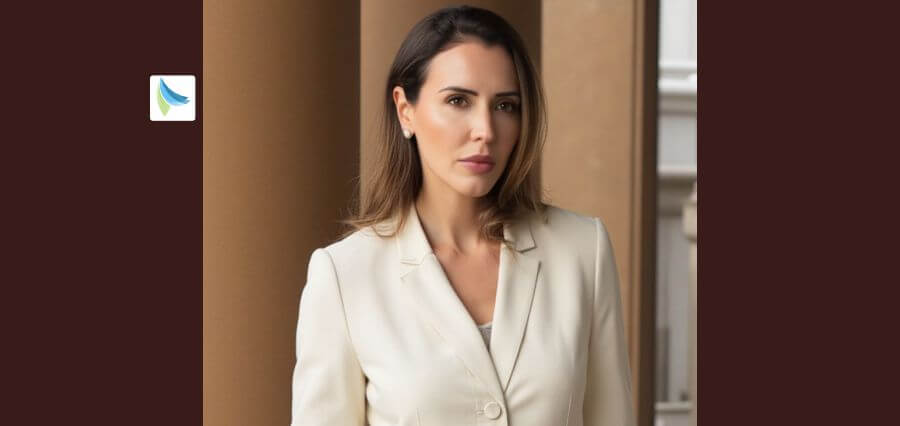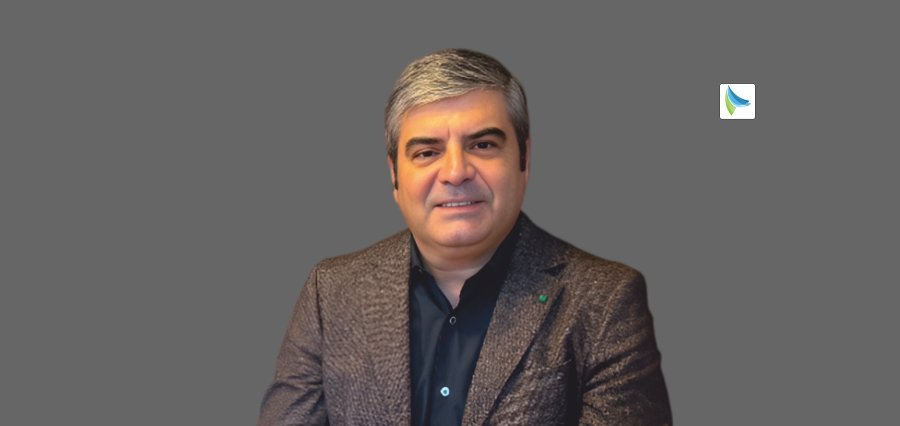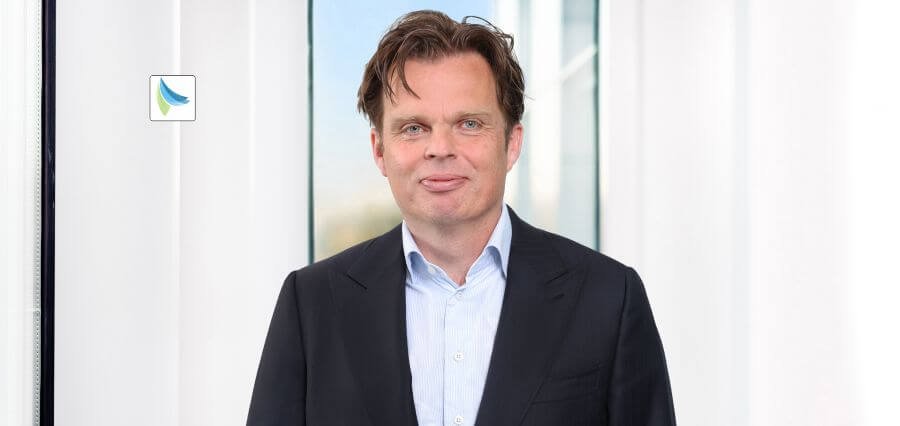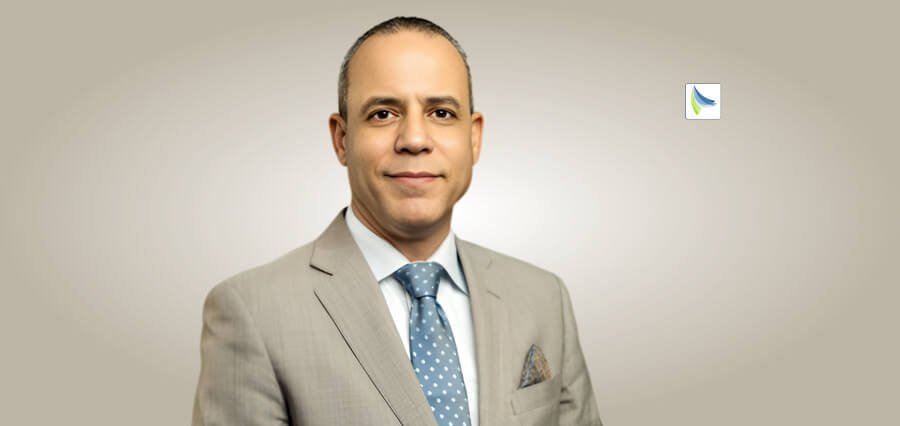In an era of unparalleled uncertainty, rapid change, and increasing interconnectivity, the role of leadership is being redefined. Conventional success metrics, including market share and profitability, are no longer adequate to address the intricacies of contemporary business. Leaders today are challenged to establish trust, develop resilience, and make their organizations do more than just survive—they need to thrive in ways that benefit society, build lasting value, and endure the inevitable adversity that accompanies innovation and global interdependence. Governance, Risk, and Compliance (GRC) are today mandatory pillars for organizations that aim not only to defend their business interests but also to establish cultures based on accountability, responsibility, and ethical decision-making. In this context, Gabriela Guimarães is an innovative figure who breaks rules and presents a compelling leadership vision rooted in long-term sustainability, social responsibility, and an uncompromising dedication to transparency.
Gabriela Guimarães: A Visionary Leader for a Changing World
Gabriela Guimarães is not just a leader—she is a catalyst for change.
An acknowledged specialist in the areas of Governance, Risk, and Compliance (GRC), Gabriela’s professional life has been a relentless pursuit of closing the gap between regulation and the higher moral ideals that all organizations should strive to meet. What distinguishes her is her profound realization that good governance is not so much about risk mitigation or compliance assurance—it is about building a culture where transparency, trust, and honest behavior are embedded in the fabric of an organization’s culture. Her influence on the GRC environment is significant.
Gabriela does not merely promote the mechanistic implementation of rules and regulations; she encourages organizations to think more integrally, to recognize GRC as a strategic role that supports ethical leadership, builds collaboration, and sustains long-term growth. In a more unstable world, Gabriela’s strategy calls on leaders to reimagine how governance can be an active agent of transformation, allowing organizations to evolve, innovate, and thrive while staying grounded in their values.
Redefining Governance: Beyond Compliance to Conscious Leadership
Gabriela’s GRC philosophy is based on the belief that true governance goes beyond mere compliance. It’s not simply enough that an organization should be only penalty-avoidant and risk-reducing. What really needs to be asked is this: Are we constructing an organization that will persist in an ever-changing world, one that isn’t merely resistant to threats but also proactive regarding how it delivers value and develops trust?
At the heart of Gabriela’s philosophy is her belief that an effective governance system must create a culture in which moralist decision-making is the basis for all actions. For Gabriela, the worth of a well-crafted GRC system is its capacity to enable organizations to navigate the complexities of the modern business world while creating a principled environment that enables employees to act with integrity in all situations.
Gabriela’s vision puts the corporate world to the test by thinking of GRC not as a static compliance system but as a dynamic, living framework that is able to spark positive changes in an organization.
This stance, which is premised on long-term sustainability, is more critical today, when corporate blunders are amplified by social media and worldwide connectivity. Here, Gabriela’s philosophy presents a contrast to the conventional understanding of compliance as a mere regulatory obstacle, instead highlighting its function as an effective tool for noble and strategic leadership.
Learning from Crisis: Turning Disasters into Opportunities
Gabriela’s personal experience in the GRC profession was heavily influenced by her initial exposure to the repercussions of corporate governance failures.
Having seen firsthand the devastating effects of fraud and mismanagement in large multinational organizations, she became committed to assisting in the creation of systems that would avoid such failures in the future. It is these early experiences that inform her passion for GRC—a conviction that organizations need not just learn to conform to rules but need to go out of their way to build systems that embed responsible decision-making into the business. One of Gabriela’s key traits is her capacity to see crises as opportunities rather than failures, opportunities for deep transformation.
From consultancy to in-house within multinational corporations, Gabriela has repeatedly used times of crisis as levers to drive cultural and operational transformation. This was most notable when she was charged with leading the compliance work for a multinational company that was at the center of a high-profile, cross-border investigation. With great legal and moral difficulties to solve, Gabriela’s leadership stretched the role of the Compliance Officer in untypical ways in many organizations. Not only did she see through to regulatory conformity but also challenged the organization’s leadership to reform at a cultural level so as not to engender future such crises. Gabriela’s leadership philosophy during times of crisis is based on the premise that every crisis is a moment of opportunity for growth. In times of organizational failure, Gabriela believes that she can plant higher values within the company’s DNA. Through leadership by empathy and transparency, Gabriela can convert moments of unease into chances for renewal and long-term resilience. This, she thinks, is the ultimate stamp of leadership—to reverse the tide of adversity as a springboard for positive change.
The Case for Integrated Leadership: Connecting Strategy, Compliance, and Culture
Central to Gabriela’s leadership is a conviction in the potential of integrated solutions—frameworks that synthesize the fractured components of strategy, compliance, and culture into a unified entity. For her, the best-performing companies are those where governance is not an isolated, siloed activity but a central aspect of the company’s strategic mission.
Gabriela understands that risk management is not only about preventing adverse outcomes but also about establishing a culture where good choices can thrive.
She has long believed in an approach that incorporates compliance not as an afterthought but as a fundamental aspect of the business strategy. One of the strengths of her work is her capability to connect risk management with corporate objectives, to ensure that compliance does not obstruct innovation but underpins it responsibly and strategically. One of the central components of this holistic strategy is Gabriela’s strong commitment to building respectable leadership cultures that are resilient and agile. She is convinced that leadership must be based on empathy, openness, and dedication to the greater good, and this philosophy is carried over into her work with organizations. Under her leadership, Gabriela inspires leaders to consider not only financial performance but their enduring legacy for employees, communities, and the world at large.
Revolutionizing GRC: Visionary Governance of the Future
Innovation in Governance, Risk, and Compliance is a consistent theme in Gabriela’s career, but for her, it goes beyond adopting new technologies or procedures. Real innovation in GRC is about envisioning what governance can be and how it can help organizations serve their stakeholders more effectively while driving sustainable growth. For Gabriela, GRC is not merely a regulatory mandate—it is a strategic imperative for organizations to differentiate themselves and create lasting value.
Gabriela has continually pushed the boundaries of what is possible with GRC.
Her efforts to make compliance training programs more participatory and engaging exemplify her drive to challenge the norm. Rather than reducing compliance to the status of being a checklist or a box, Gabriela uses it as an effective tool to influence behavior and empower employees. Her compliance program redesign not only has improved learning results but also has assisted organizations in developing greater feelings of responsibility and accountability among their workforces. This emphasis on innovation is especially well-timed in today’s fast-evolving business world, where new threats are surfacing almost daily. For Gabriela, the future of GRC will call on organizations to be nimble, anticipatory, and forward-looking—constantly changing and adapting to fresh challenges while remaining committed to fundamental upright values.
The Leaders of Tomorrow: A Call for Purposeful Leadership
As Gabriela glances at the future, she sees a future generation of leaders coming to terms—leaders who will have the daunting responsibility to resolve issues more intricate, more intertwined, and more pressing than ever before. In order to confront this risky future, leaders will not just need a proper knowledge of governance, risk, and compliance, but also emotional intelligence, tenacity, and conscientious foundations upon which to navigate the future while leading with honesty.
Gabriela is committed to mentoring the future generation of GRC leaders. Her mentorship is grounded in competency, character, and emotional agility. She encourages her mentees to think critically, lead with purpose, and deal with complex situations with grace and strategic foresight. Most importantly, she encourages them to own their role as stewards of not only their organizations but also the larger societal framework within which they work.
For Gabriela, tomorrow’s leaders will be those who grasp that governance, risk, and compliance are not distinct from the overall strategic ambitions of the organization (and even of their careers) but are part of crafting the future. They will need to integrate technical competence with a strong fundamental belief, so that their organizations not only thrive but do so in a manner that advances the common good.
The Future of Leadership: A Legacy Built on Integrity
As we continue to adapt to an increasingly complex and globalized world, Gabriela Guimaraes is a shining example of what leadership can look like.
Her career is a testament to the force of governance, risk, and compliance to make lasting changes not just within organizations but also in society. Gabriela’s work encourages us to rethink leadership, reassess our assumptions about profit and shareholder value, and embrace a more holistic view that includes principled stewardship, social responsibility, and long-term sustainability. Gabriela is forever changing the definition of leadership with integrity, and her legacy will encourage generations of leaders who come after her to embrace ethical leadership and transformational governance. Through her efforts, she is not only forging the future of corporate governance but also ensuring that the next generation of leaders will do so in a manner that elevates society, develops trust, and fosters enduring positive change.














